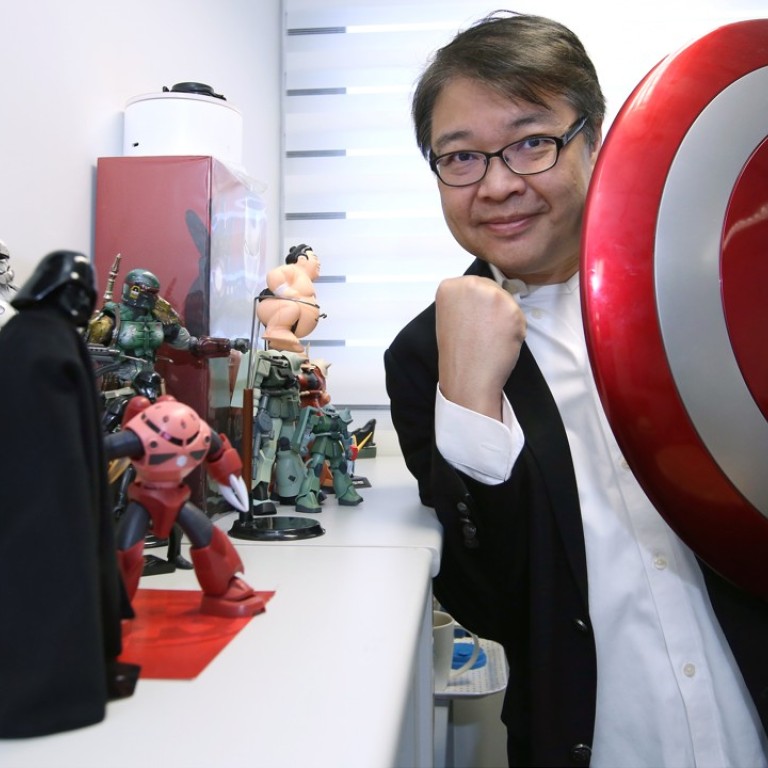
Empower Hong Kong’s poor with technology, says jewellery CEO who quit after spending week in tiny flat earning HK$50 a day
Entrepreneur Erwin Huang sees technology as an opportunity to address the city’s widening wealth gap
As technology advances, the future looks promising, but only for those properly prepared and equipped. Sadly, it is those living on the breadline who are all too often left behind by the latest innovations.
According to government data, Hong Kong’s wealth gap continues to widen. The richest households earn about 44 times the poorest.
But Hong Kong entrepreneur Erwin Huang, 53, sees technology as an opportunity to address this social and economic divide.
Raised in a middle-class family, Huang completed his primary and secondary education at La Salle College in Kowloon. His father was the first Chinese to be appointed general manager of Rediffusion Television, the city’s first TV station. After receiving his high-school diploma, the young Huang went on to study at the University of California, Berkeley in the United States, the same university his father attended.
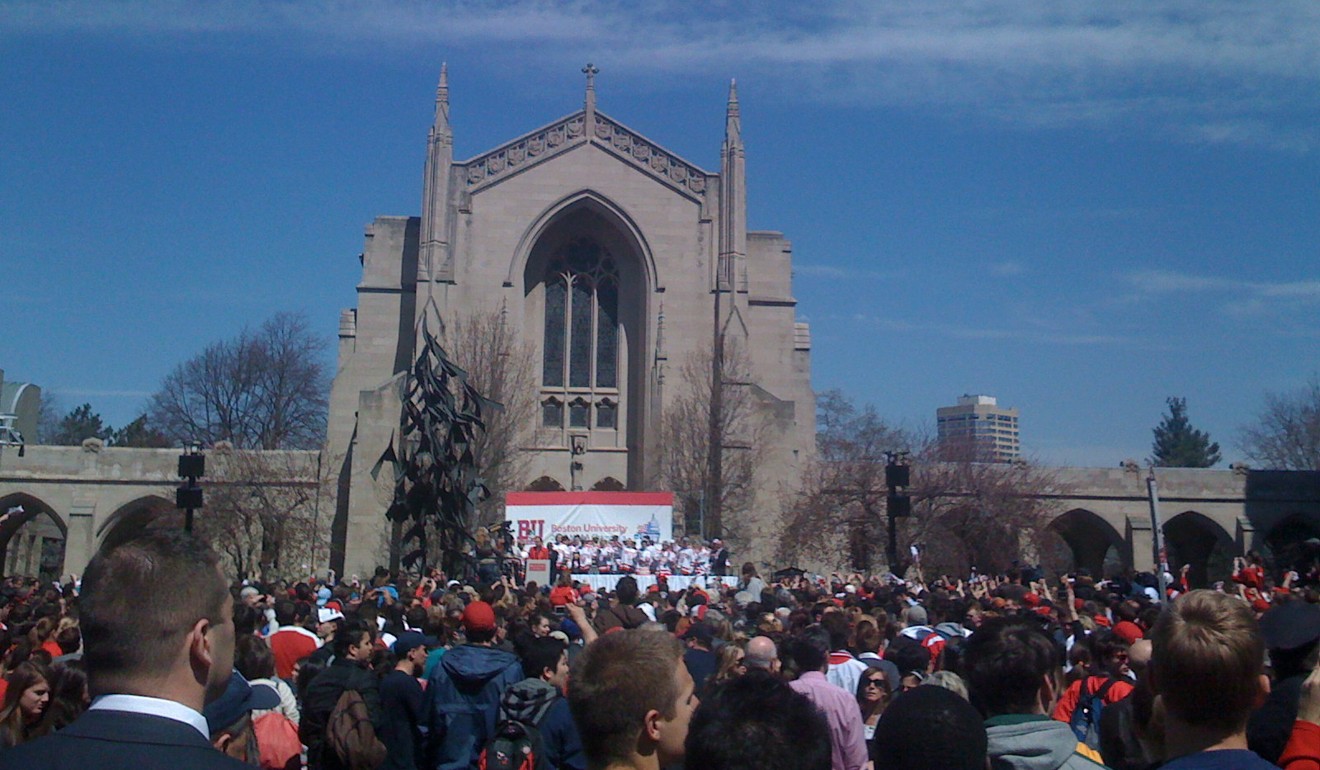
But after just six months he transferred to Boston University where in 1986 he graduated with a double degree in information technology and system management.
Over the years he has invested in multiple publishing, communication technology and mobile companies in mainland China, Hong Kong, Japan, the US and Britain.
Hong Kong government not doing enough for residents living in dire poverty
But a turning point in his life came in 2009 when he joined RTHK reality show Rich Mate Poor Mate.
During filming he experienced how the underprivileged live by taking up a cleaning job in Tsz Wan Shan earning HK$50 a day, and living in a subdivided flat in Sham Shui Po for five days.
A few months later Huang quit his job as chief executive officer of a major jewellery company, Tse Sui Luen, to devote his time to social projects.
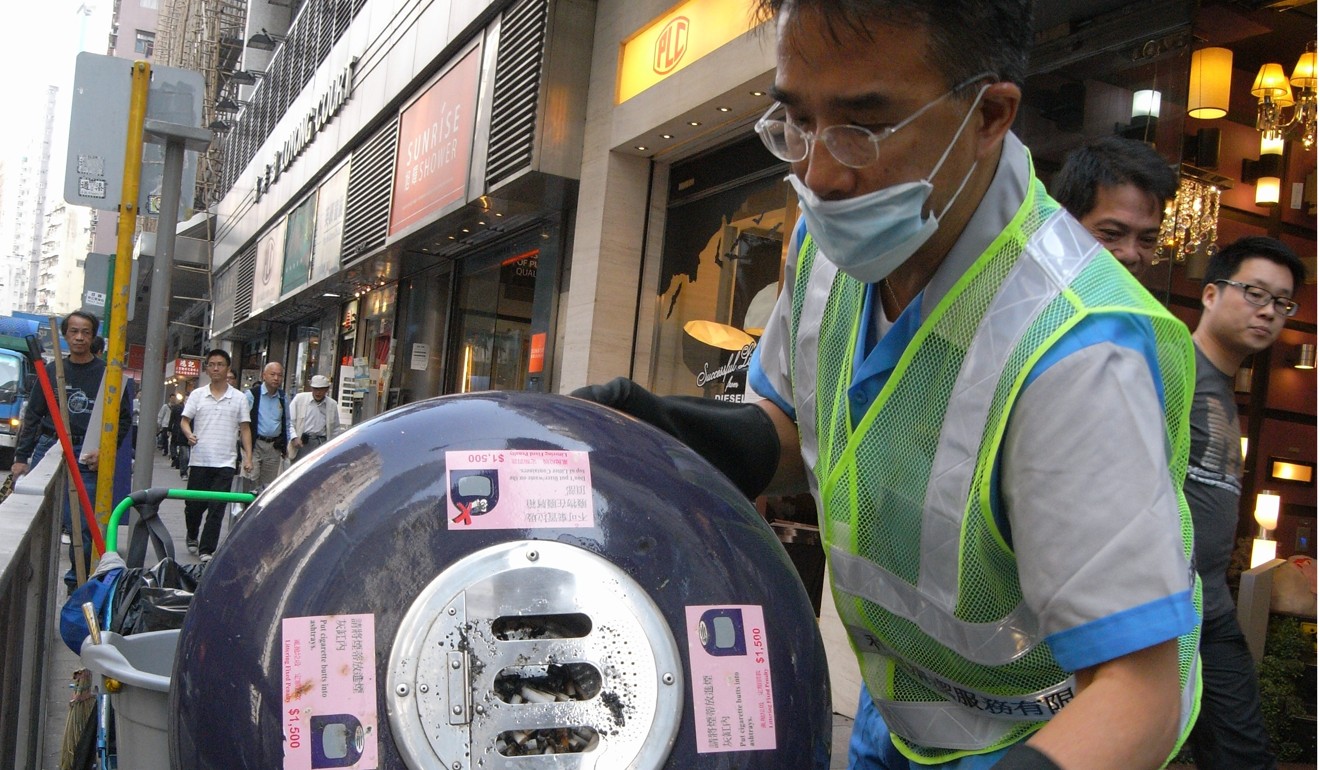
“When you focus on something that is good and correct, then others will ask: ‘How can I help?’” he said. “And using technology and innovation to help people is my strength. You can use technology to save a company or make money but, most importantly, you can use it to fight poverty.”
Huang is now an associate professor at the University of Science and Technology, president of the Hong Kong Information Technology Federation, chairman of an e-learning consortium as well as founder of DreamStarter, a community initiative. He tells City Weekend about his work and how he ended up where he is.
Poverty levels in Hong Kong based on flawed data
Can you describe your experience when you joined Rich Mate Poor Mate ? Why did you agree to be on the show?
When the producers at RTHK came to me about the project, I was the chief executive of TSL Jewellery, and had been there for six years. During that time the jewellery company was delisted and I then helped it convince the stock exchange to allow us to come back publicly, so that was a good turn around.
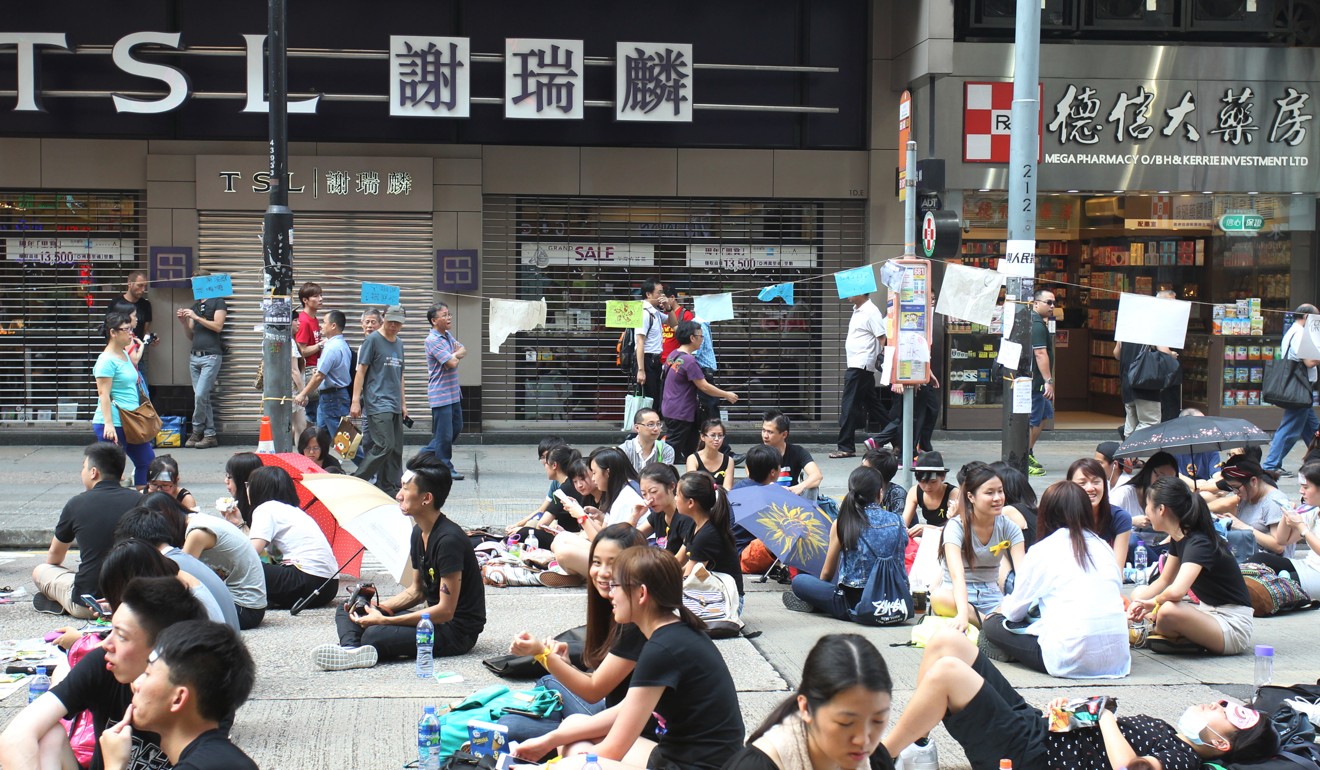
Afterwards, I was thinking, it’s about time I look to the future, to something else I can try, because e very four to five years I move on to a new city or new industry to test the water.
The producers were quite persistent and came to me at the right time. What they proposed was something I was unfamiliar with. I didn’t know if it would turn out to be good or bad. However, as the curious person I am, the idea was tempting and I wanted to understand what was going on in the community, so I gave it a go.
Poverty in Hong Kong hits record high, with 1 in 5 people considered poor
Was there any specific moment during filming that was particularly memorable? Did the thought of quitting ever occur to you?
The first day we started filming was in mid-July, in sweltering heat of 36 degrees Celsius. I had promised to be filmed for five consecutive days, underestimating how difficult and dangerous the process would turn out to be. During the day I had to clean out garbage in Wong Tai Sin, and at night I went back to the subdivided flat in Sham Shui Po, which was basically a wooden box.
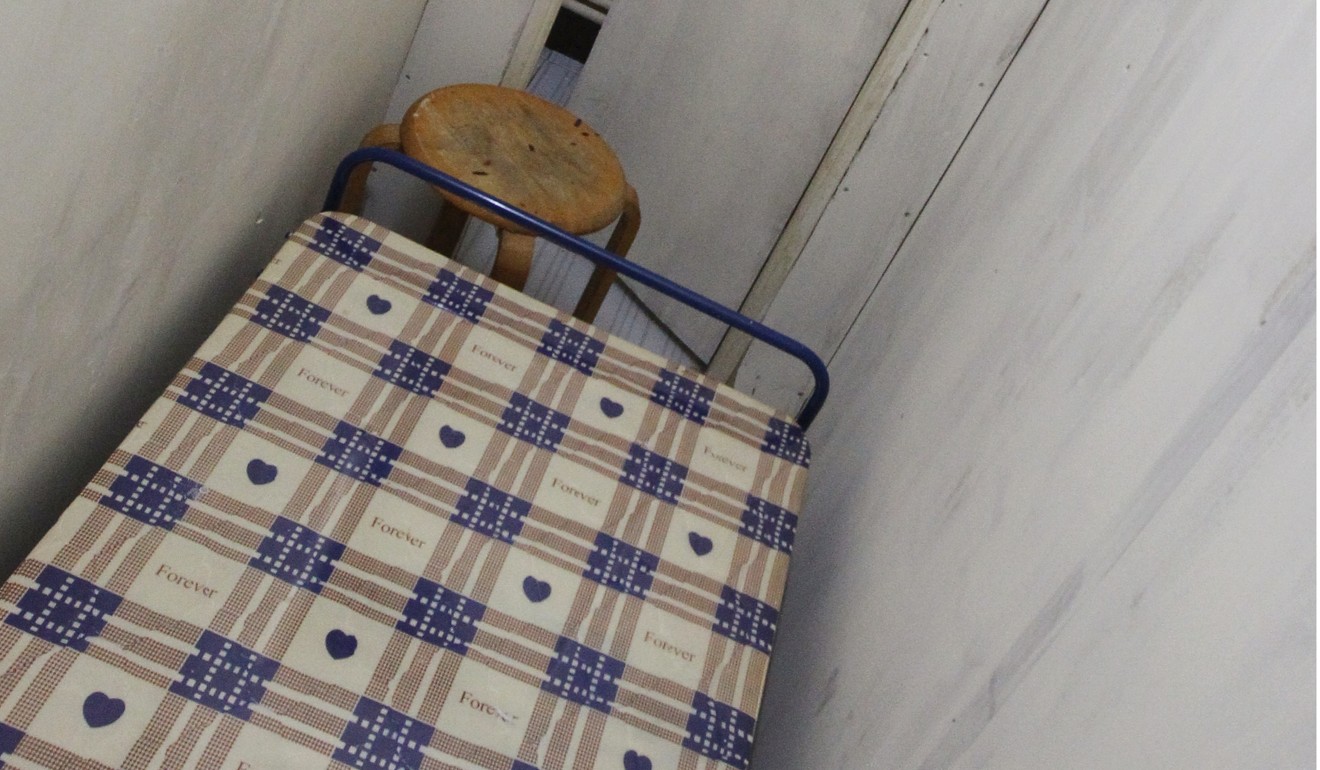
However, with only 72 hours remaining, I felt like giving up. It was when I saw that I had to clear out rubbish on 19 floors within an hour. By the time I reached the fifth floor I was hyperventilating and had to stop filming to catch my breath.
Explain This: what does it mean to be poor in Hong Kong, and how many people live in poverty?
How did the show change your views on life?
There was a night when it was too hot to sleep. I was just lying in bed and thinking about the cycle of despair for people living in this district – something I had never thought about before. I kept counting down to the day it would be over for me, but in reality this was the way these people lived every day. When I talked to them I realised they were stuck and there was no way out. These people work really hard. It’s like sharpening a pencil; the problem is, it doesn’t become sharper but only shorter and shorter, and at some point it will be reduced to nothing. That’s how these people feel.
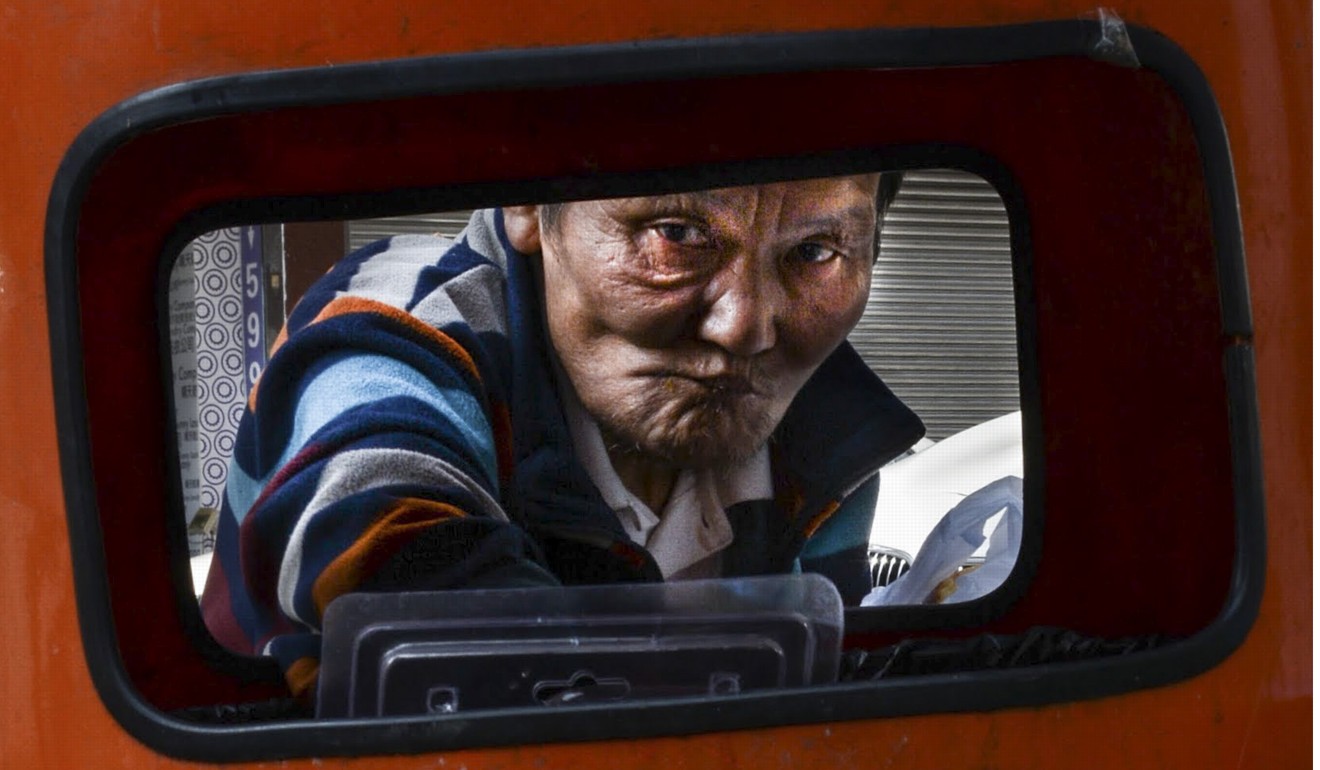
People are always blaming the government for our poverty problem, but rather than criticising what cannot be changed, my thinking was that maybe I could go back to help one person to break their cycle of despair, so they could get out of the situation. Then I realised there was no simple way to do this, especially not just by providing financial support, because that would actually lead them to rely on cash handouts. Instead, we need to give them hope.
In Hong Kong’s fight against poverty, small acts can have big effects
You quit your job to devote your time to focusing on doing good. Where did the courage and motivation come from?
After the show I realised poverty in Hong Kong is here to stay. But I knew I had to bring hope, and that became my calling. Three months later someone asked me: “Now you’re back to your world, what will you do?” I thought that if I went back to living my own life the world would not change, so I returned to Sham Shui Po and talked to residents there. That was when I knew Jesus had a task for me – to offer a helping hand to those not able to get themselves out of their current situation. Using technology and innovation to help people, that is my strength. You can use it to save a company, to make money, but most importantly you can use it to fight poverty.
You have proposed different initiatives to promote technology in learning and in social enterprises. Can you explain the reasons behind these?
In the old days, once you got into a good school, more or less you would be expected to do well in life. But if your parents don’t think you need to do well in school it will probably discourage you from pursuing a good education. However, if we are able to use new technologies such as e-learning to help people learn, we can then identify their weaknesses while allowing them to focus on their strengths, to hopefully break the cycle of intergenerational poverty.
China should get Nobel Peace Prize for poverty relief success: Norway's richest man
As an associate professor at the University of Science and Technology, you provide mentorship to students and try to cultivate their entrepreneurial, social and innovative spirit. What is your aim and why?
Entrepreneurship is essential to everyone. We encourage students from any major to come and take the course. Let’s say, if you’re an engineer, you can learn to turn your product into a business, or if you’re a science major, maybe your idea can become a form of technology, which can be applied to change the world. Entrepreneurship is not just a career, it’s a spirit, and it can be related to problem solving.
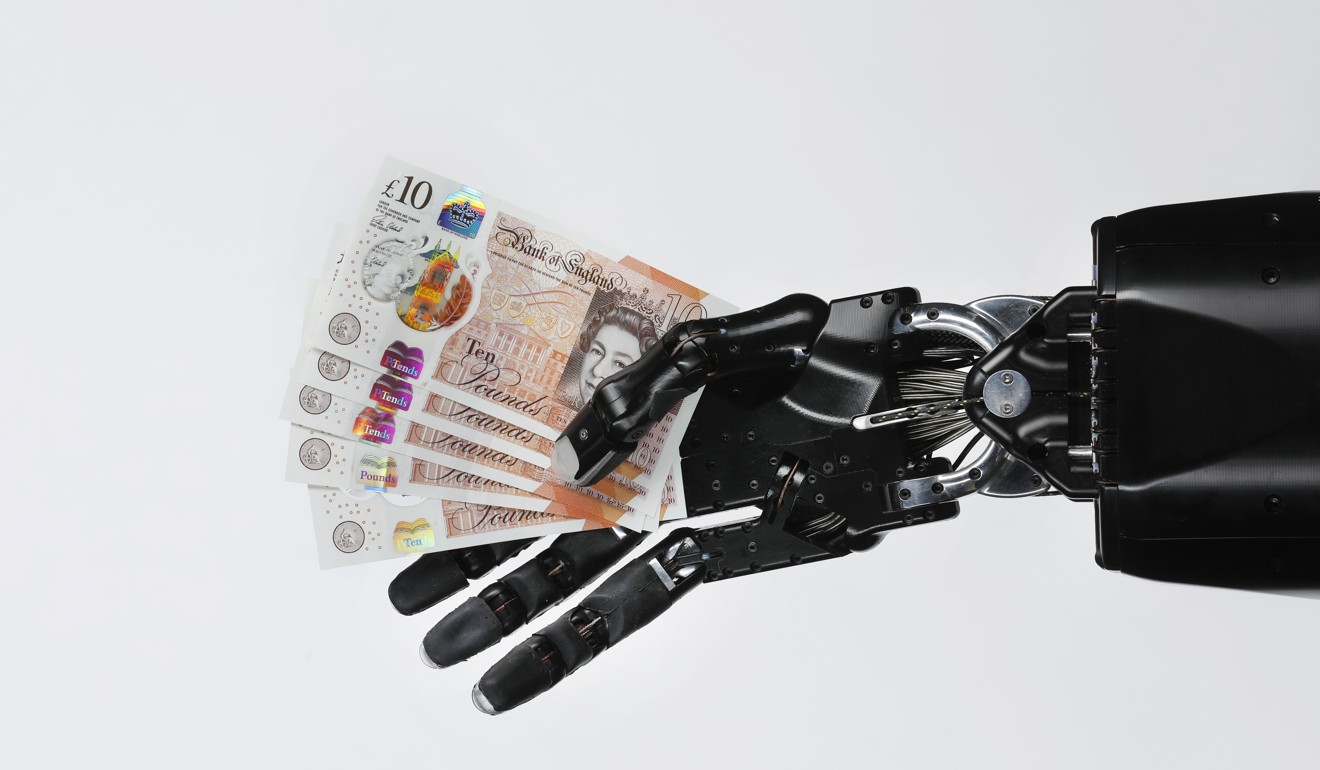
What is the one thing you want your students to learn from your class?
The class is structured in a way such that I want them to learn from the experience of others. One of the things that we insist on doing is making them go out to put what they learn into practice, instead of spending the entire semester with their heads buried in textbooks. Their out-of-classroom experience is vital because the course is about prototyping, failing and learning from failures. I want them to know that “the only failure is not trying and not learning from your mistakes”.
Many people associate success with owning a property and that is ridiculous. Our society needs to stop telling young people that’s the norm. I am a big believer in trying new things and focusing on unleashing your full potential.
ERWIN AFTER HOURS
What do you like to do with your family in your free time?
We like to travel, we travel a lot. It’s interesting, I work and travel at the same time. I usually plan most of my work together with vacations at the same time. Even when I am just travelling for fun, I usually enrol myself in excursions to learn more about the place. And on the weekends, my wife and I like to stay at our home in Sai Kung, to enjoy the countryside.
What is your favourite holiday destination?
Italy. We try to go there every 18 months. I am fascinated by its history, changes, religion and the food. Pasta, of course. We chase the food’s history. Spaghetti, bolognese and carbonara, I love learning about the origins of these different types of pasta.
You used to work in the US – what do you miss about it?
The culture there, people are so casual. You can just walk around and people are very open to exchange ideas. Unlike in Hong Kong, where people think that you must not disclose your intellectual property and everything must be done in secrecy.
Who is the one person that inspires you? Why?
Paul the Apostle, commonly known as St Paul. I would like to think I am very curious like him.

